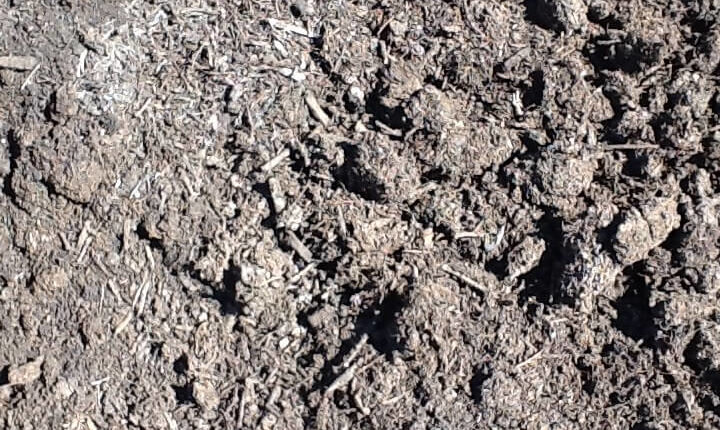Bentonite Clay – The Healthy Way to Moisturise Sandy Soil
 Without a doubt the soil in the greater Perth area is predominantly sandy. And, as most homeowners know, that means that landscaping and gardening can be difficult tasks without some help to nourish our sandy soil.
Without a doubt the soil in the greater Perth area is predominantly sandy. And, as most homeowners know, that means that landscaping and gardening can be difficult tasks without some help to nourish our sandy soil.
Fortunately a convenient remedy to help address this problem is readily assessable in the form of Watheroo mined Bentonite Clay that is available at Bibra Lake Soils. Soil specialists at NoahsNet.com recommend combining organic matter like manure or humus with the bentonite clay to enrich the texture and nutritional activity of sandy soil.
Bibra Lake Soils have a complete list of organic soil additives that work perfectly with bentonite clay for both water retention and soil functionality.
What is Bentonite Clay?
The two most popular forms of bentonite clay used in landscaping are sodium and calcium:
- The sodium form of bentonite clay is generally used for its swelling and sealing properties which mimic the function of cement.
- The calcium form of bentonite clay is used for its non-swelling, soil conditioning properties to improve water retention and increase nutrients in sandy soils.
Our Bentonite Clay contains pure calcium clay mined locally at Watheroo, Western Australia. It is sedimentary clay that is gray or cream in color, very fine, odorless, non-staining, and safe for use around animals and micro-organisms.
Why Use Bentonite Clay?
According to the Agricultural Department of Western Australia, the most obvious aim for mixing bentonite clay in sandy soil is to improve the water retention capability within the soil.
When combined with organic materials like manure, compost or humus, bentonite clay works to improve soil quality by holding on to essential moisture and nutrients such as magnesium and potassium. The clay encourages the development of healthier plants and mineral rich vegetables.
Calcium bentonite clay is a stable additive that attaches to and fills in the space between the sand beds to prevent water repellency with a minimal amount of swelling and shrinking activities.
Renowned soil scientist and gardening and landscaping specialist John Ferguson states that calcium bentonite clay can hold up to 5 times its weight in water and is a stabilising factor for gardening. Ferguson recommends this clay for tree wounds and to protect the injury from infections and insect attacks.
Where to Use Bentonite Clay?
Bentonite clay can be added at any time to improve the consistency and water retention of sandy soil beds. Due to its long adding retention within the soil, you may only need to add the clay one time.
You can check your soil’s composition annually to ensure that it is retaining its improved moisture and nutritional values.
How to Use Bentonite Clay?
The two methods for applying bentonite clay are on bare ground and on existing lawns and gardens.
- Bare Ground Application: There is no need to pre-soak the clay granules before applying them to barren soil. You sprinkle the clay onto the dry soil and then till or dig the clay into the soil to a depth of 30 cm for healthy root activity.
- Existing Lawn and Garden Application: Applying clay granules into the soil of existing lawns and gardens requires a 24 hour preparation system. John Colwill, a principal Waterwise consultant for the Water Corporation of Western Australia and author of ThePlantsman.com, provides the easy to follow seven step process for adding bentonite clay to existing landscaping soil that is predominantly sandy on his website. Following Colwill’s clay enhancement process will help to provide you with the sustainable soil you desire that will result in green lawns and bountiful garden crops.
How to Get Started?
If you are unsure of your soil’s composition you can bring a sample to us and one of our experienced Bibra Lake Soils soil experts will be happy to assist you.
Tell us the amount of ground space that you want to cultivate and we can help you calculate the amount of Bentonite Clay and organic materials needed to accomplish the task.
As always, Bibra Lake Soils staff is always available to help with all of your gardening needs.
You can come by our location at 222 Barrington Street, Bibra Lake, WA 6163 or call us on (08) 9434 2290. We are open seven days a week for your landscaping and gardening supplies.


